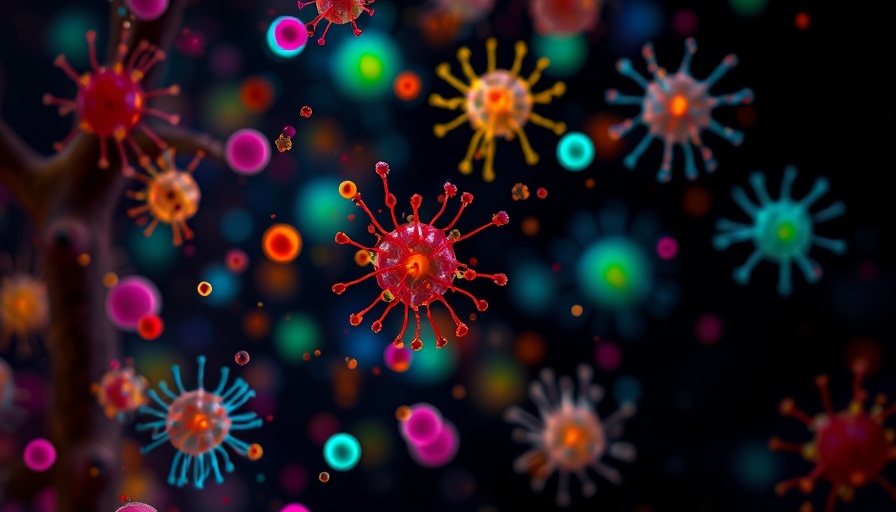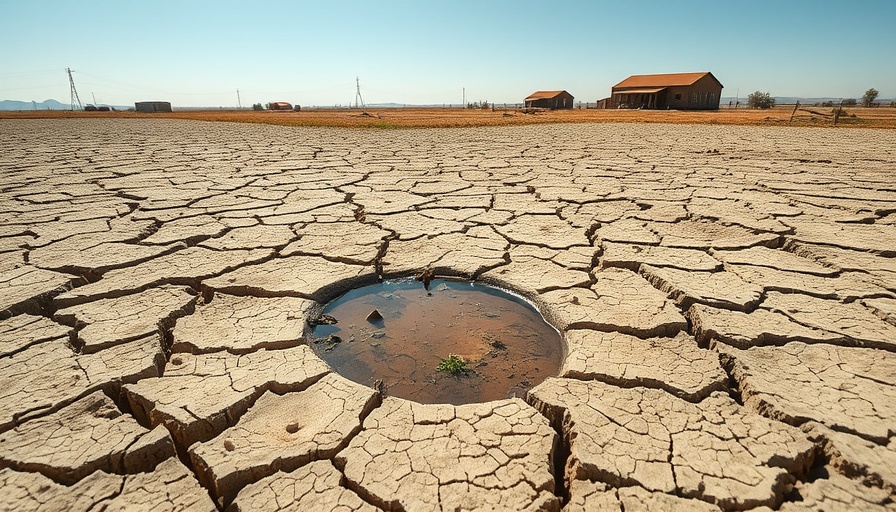
Understanding the Ocean’s Tiny Giants
Marine microbes might be tiny, but their influence on the ocean’s ecosystems is monumental. As planet Earth continues to grapple with climate change, understanding the roles of these microorganisms in carbon cycling is more crucial than ever. According to Sonya Dyhrman, a microbial oceanographer, these minute organisms are foundational to the marine food web, contributing not only to ecosystem dynamics but also playing a key role in how much carbon the ocean can absorb and store.
The Importance of Marine Microbes
Photosynthetic marine microbes are critical for the health of the ocean. They are not just food for larger marine life but also engage in complex biogeochemical cycles that mitigate greenhouse gas buildup in the atmosphere. "It's like the heartbeat that underpins every fish, whale, and sea bird you care about," Dyhrman explains. Understanding their interactions is crucial as we seek to answer questions about the ocean's future amid rising atmospheric carbon levels.
How Researchers Study Microbial Interactions
Dyhrman's research employs advanced genomic tools that emerged from projects like the Human Genome Project. This technology enables scientists to chart different oceanic regions and identify the microbes present, along with their metabolic features. When studying these microbes, traditional observation methods fall short because of their diminutive size; most cannot be caught in nets. Instead, researchers isolate and analyze microbial cultures to better understand these complex networks and their roles in ocean ecosystems.
Community Involvement in Marine Research
Involving local communities in marine science is vital for fostering an appreciation for ocean health. As a Seattle native, Dyhrman understands the importance of connecting people with their local marine environments. Educational initiatives aimed at young people can cultivate future stewards of our oceans. Encouraging hands-on experiences, such as microbiological excursions, can inspire a new generation to engage with critical sustainability issues.
The Future of Ocean Health: Insights and Predictions
As climate change progresses, the ability of oceans to absorb carbon will be tested like never before. Dyhrman acknowledges the unpredictability in selecting which species will thrive or collapse due to changing environmental conditions. "When we ponder how much carbon the ocean can hold, we must consider this network of microorganisms," she says, emphasizing the need for ongoing research. Understanding these dynamics will be imperative as we look ahead to future climate scenarios.
Taking Action Towards Sustainable Oceans
What can individuals do to contribute positively to the health of our oceans? Every effort counts, from reducing plastic use and supporting sustainable seafood choices to educating oneself and others about marine ecosystems. Making informed decisions in our daily lives can collectively lead to significant changes, promoting sustainability and preserving the ocean’s health for future generations.
Marine microbes may be tiny giants, but their effects on our oceans are anything but small. As we embrace sustainable living practices, we can advocate for policies that protect these essential organisms and, by extension, our planet.
 Add Row
Add Row  Add
Add 




Write A Comment